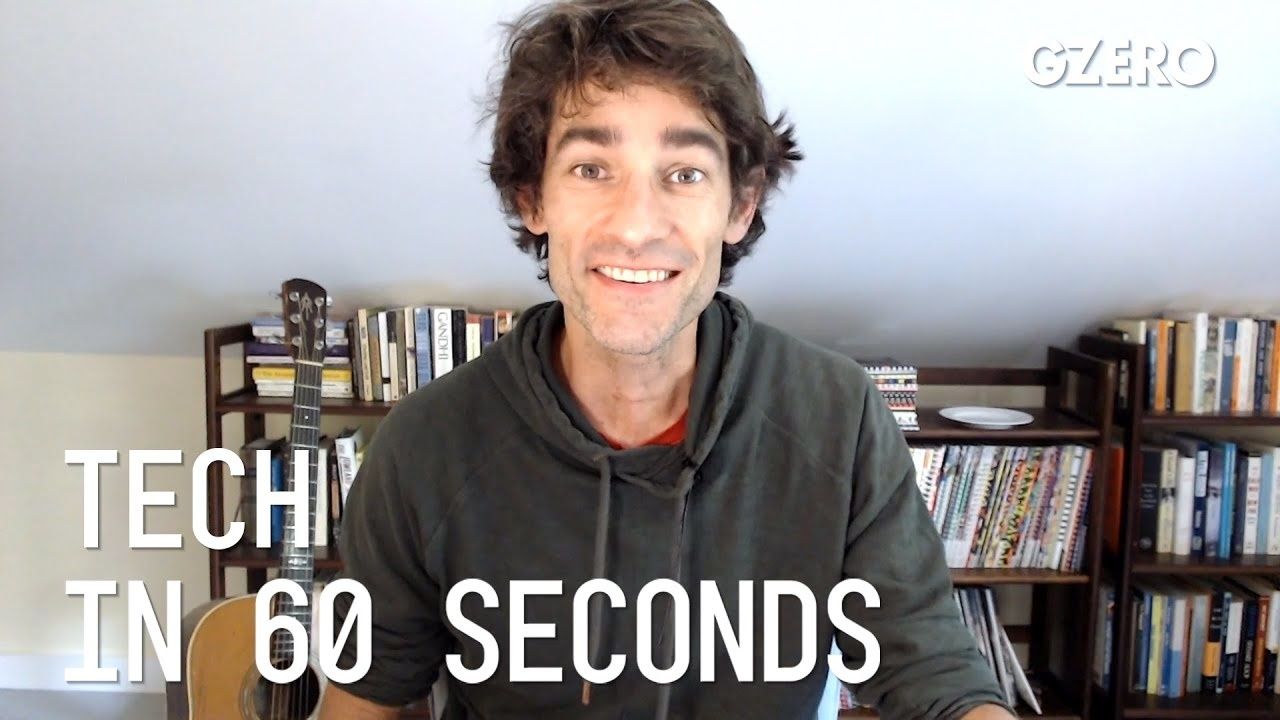In 60 Seconds
Can Facebook's algorithm remove hate speech? Meltdown-proof nuclear reactors

Can Facebook's algorithm remove hate speech?; Meltdown-proof Nuclear Reactors | GZERO Media

Nicholas Thompson, editor-in-chief of WIRED, discusses technology industry news today:
Do some of the Facebook's best features, like the newsfeed algorithm or groups, make removing hate speech from the platform impossible?
No, they do not. But what they do do is make it a lot easier for hate speech to spread. A fundamental problem with Facebook are the incentives in the newsfeed algorithm and the structure of groups make it harder for Facebook to remove hate speech.
In general, have tech companies become more or less wary of the Trump administration in recent months?
Vastly less wary. I think that's partly because they think Trump might lose, so they're less worried about retaliation. Also their employees are very mad.
Do you really believe that a meltdown-proof nuclear reactor is possible?
No, but I am excited about the future of small nuclear reactors that have anti-meltdown technology built into each little grain of uranium.
When are you joining Parler?
Parler is the free speech, social media alternative. And I am already on it. I joined it a few days ago.
In this Quick Take, Ian Bremmer weighs in on the politicization of the Olympics after comments by Team USA freestyle skier Hunter Hess sparked backlash about patriotism and national representation.
100 million: The number of people expected to watch the Super Bowl halftime performance with Bad Bunny, the Puerto Rican superstar and newly minted Album of the Year winner at the Grammys.
Brazilian skiers, American ICE agents, Israeli bobsledders – this is just a smattering of the fascinating characters that will be present at this year’s Winter Olympics. Yet the focus will be a different country, one that isn’t formally competing: Russia.
Japanese Prime Minister Sanae Takaichi, president of the Liberal Democratic Party (LDP), appeals for a candidate during a street speech of the House of Representatives Election Campaign in Shintomi Town, Miyazaki Prefecture on February 6, 2026. The Lower House election will feature voting and counting on February 8th.
Japanese voters head to the polls on Sunday in a snap election for the national legislature’s lower house, called just three months into Prime Minister Sanae Takaichi’s tenure.